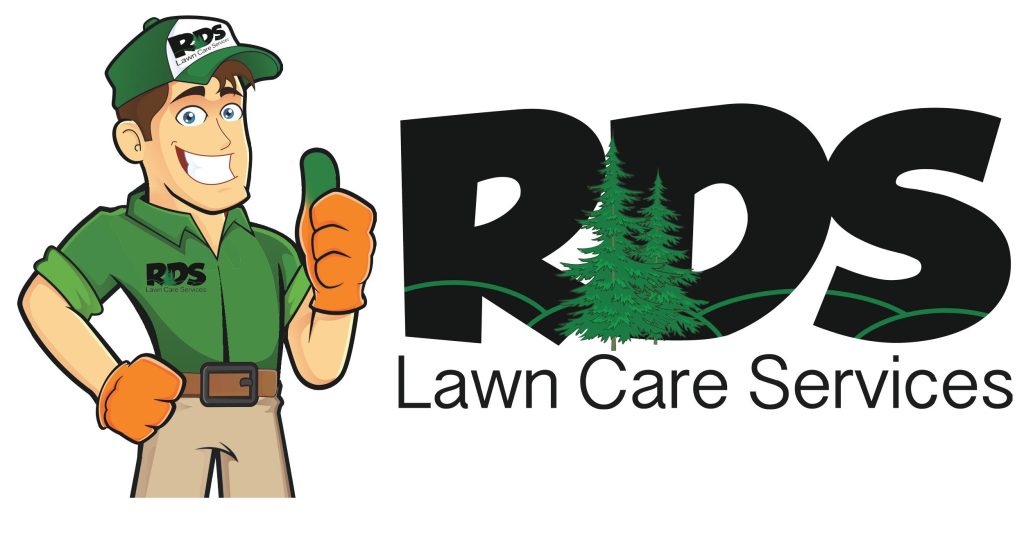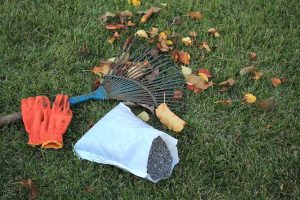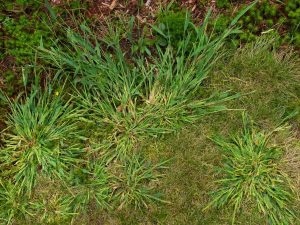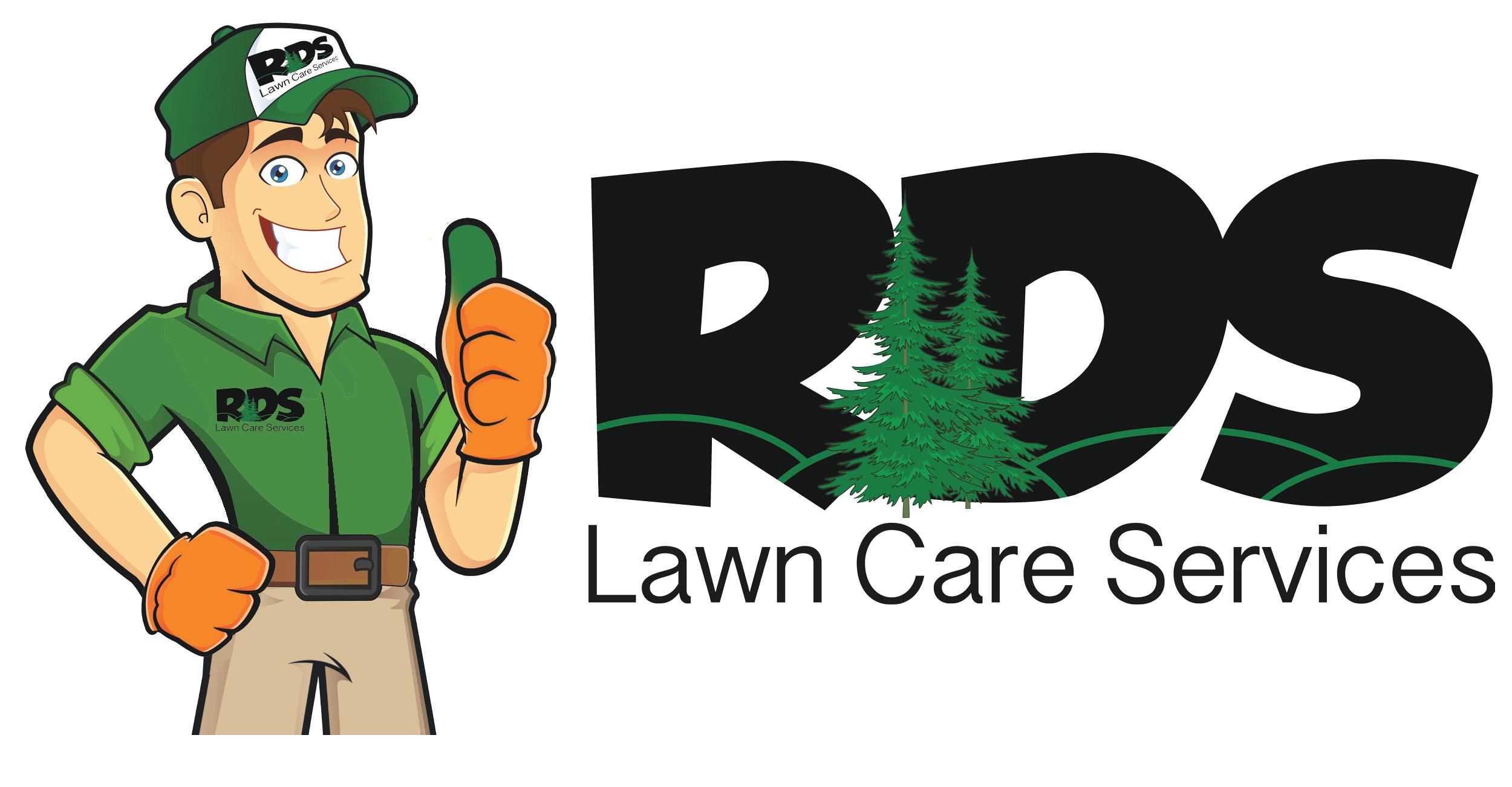People are always looking for more eco-friendly weed killers to use in their yards, but vinegar is simply not the best option. In fact, using vinegar can be downright dangerous. This article will explore the dangers of using vinegar as a weed killer and why you should avoid it at all costs!
Why People Use Vinegar On Weeds

It’s not hard to understand the appeal of a “natural” or “organic” weed killer. The chemicals used in commercial weed killers can potentially be harmful to the environment, and many people often express concerns about the safety of their children and pets as they run around the yard.
Vinegar, on the other hand, is a completely natural substance. It’s no surprise that people believe vinegar can be used as a weed killer without any harmful side effects. It’s made from water and acetic acid, and it has been used for centuries in cooking and cleaning. For these reasons, many DIYers simply reach into their kitchen cabinets and pull out the vinegar when they spot weeds in their yards.
How It Works

Proponents of vinegar as weed killer will tell you that it works by burning the weed’s leaves. This is partially true, but it doesn’t tell the whole story. Vinegar does “burn” the leaves of weeds and can sometimes kill them quickly. The acetic acid in vinegar essentially depletes weed leaves of moisture and nutrients as soon as it makes contact. To help improve efficacy, it is often recommended that people mix a gallon vinegar (5% acetic acid) with a cup of salt and a cup of dish soap, which help to break down and dry out plant matter. However, what proponents won’t tell you is that these vinegar mixtures also kill any other plants they touch, including the grass in your lawn.
The Perceived Pros:
- Natural alternative to herbicides
- Can kill immature broadleaf weeds within 24 hours
- Requires only household products
- Cheaper than commercial products
- More convenient than lawn care companies
The Truth About Vinegar As Weed Killer

Unfortunately, the reality of vinegar as weed control is far different from what you may have heard. Vinegar may be a natural substance, but that doesn’t make it safe to use on your lawn. In fact, using vinegar as a weed killer can have some very serious consequences, especially if you are inexperienced at lawn care or have never used vinegar in the past.
The primary danger of using vinegar as a weed killer is that it will also kill your lawn or garden plants if you’re not careful. If you spray too much vinegar on your yard, or if there is a light wind blowing when you do so, some of it might drift onto neighboring plants (including grass) and damage them as well. Vinegar is an acid, and, as such, it can damage any organic matter it contacts. This is especially true of young plants or seedlings that are just beginning to grow. Spray vinegar on them, and you may be killing your lawn before it even has a chance to get off the ground.
How It Really Works

If you’ve ever followed instructions for using vinegar as weed killer, then you probably discovered how ineffective vinegar is at only 5% acetic acid. Oftentimes, people have to upgrade from everyday vinegar to a natural vinegar herbicide, which can be concentrated as highly as 20% to 30% acetic acid. The problem with this upgrade is that it makes the vinegar much more dangerous to not only plants, but also to people and wildlife.
Concentrated vinegar can be deadly to the beneficial insects that surround your yard and garden, such as ladybugs, bees, and butterflies, and it can even be lethal to smaller creatures like worms or frogs. It can also cause problems if you breathe it in or get it in your eyes or on your skin, especially if you or a loved one has asthma. You will also have to reapply this mixture every two weeks through the entire growing season in order to keep weeds from reemerging.
The Convincing Cons:
- Constant reapplication
- Not effective against grassy weeds
- Only works for annual weeds
- Mature weeds can easily resist
- Does not kill the roots of the weeds
- Requires use of harmful salt
- Will kill your lawn and flowers
- Harmful to beneficial insects
- Unpleasant odor
- Potentially harmful to humans
Vinegar Does Not Get To The Root Of The Problem

Vinegar, on its own, will only attack the leaves of weeds. It will not penetrate down to the roots, so while it may make a weed look dead, its root system is still intact and can easily regenerate. This means that you have to reapply the vinegar over and over to keep the weed from returning. Salt is used to remedy this because the salt will dry out and hopefully kill the roots of broadleaf weeds. The issue with this method is that salt will also kill the roots of your lawn and any other plant matter it comes into contact with, which largely negates the intended purpose of a “natural” weed killer.
- KEEP IT IN THE CRACK! Though RDS does not recommend the use of vinegar as a weed killer, it is still useful when poured directly onto weeds emerging through sidewalk cracks. With no neighboring plants to negatively affect, vinegar can work just as well as commercial herbicides at isolating and killing the leaves of weeds in sidewalk cracks.
Call The Pros Today, And Put The Vinegar Away!

What is the point of trying to concoct your own weed killer with vinegar — To spend less on lawn care? To use safe and natural products? To bypass the hassle of calling a professional company? The fact of the matter is that vinegar as a weed killer will cost you big and will be anything but safe if you are not 100% certain on how to use it.
The higher concentrations of acetic acid in vinegar essentially work the same as any chemical herbicide, so why not just trust the people and the products with the experience? Lawn care providers like RDS tailor weed control mixtures to the needs of lawns in their climates. Herbicide applications with a service provider are precise, safe, and effective. Call a local lawn care company today for more tips on how to safely kill weeds.





